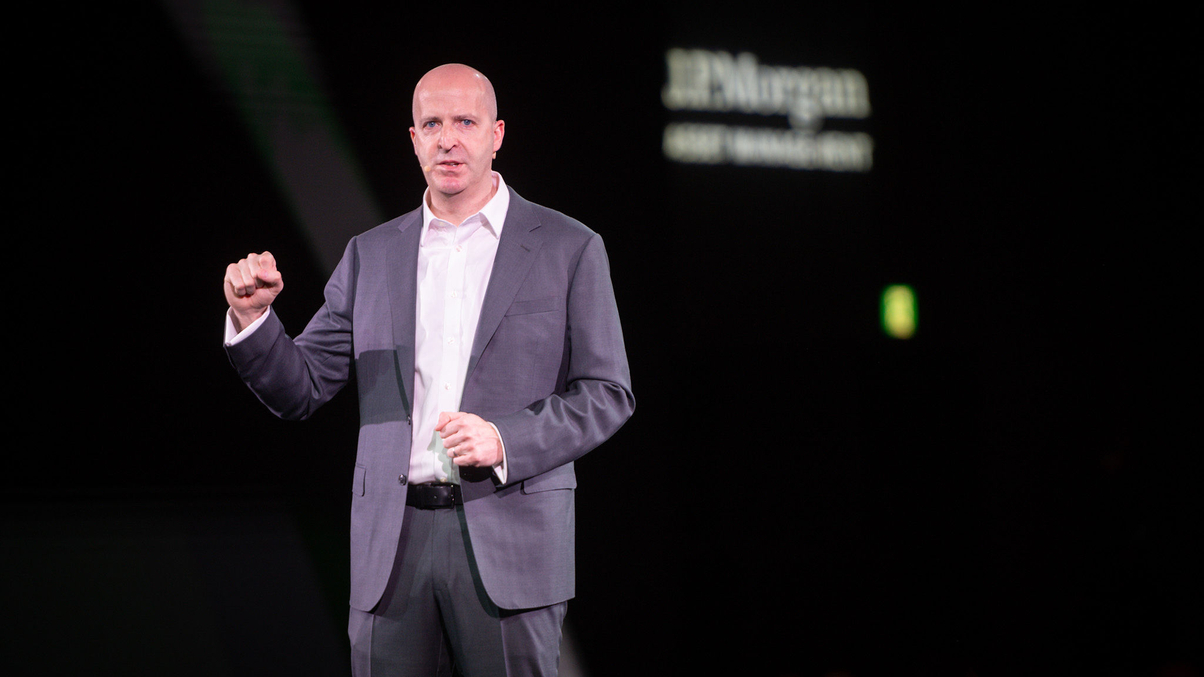Executive Exchange: 12 questions with Dan Watkins
JP Morgan Asset Management’s APAC CEO reflects on his 27-year journey with the firm and life lessons learnt.

NAME: Dan Watkins
Sign in to read on!
Registered users get 2 free articles in 30 days.
Subscribers have full unlimited access to AsianInvestor
Not signed up? New users get 2 free articles per month, plus a 7-day unlimited free trial.
¬ Haymarket Media Limited. All rights reserved.


